Why Parents Might Consider Using Montessori for Toddlers
Updated Feb. 26 2021, 3:18 p.m. ET
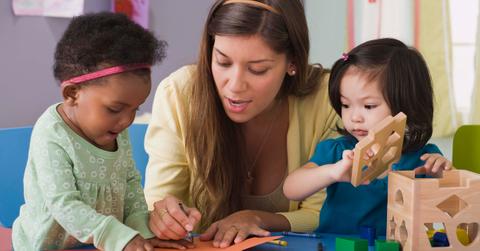
The Montessori Method is a specific child-centered method of education that essentially allows the child to choose what they learn as opposed to being forced to learn particular subjects. As a result, Montessori classrooms look very different than other classrooms you might have seen. And while there are several reasons why parents should use Montessori for their toddlers, there are some who believe that more rigorous teaching methods are far more effective.
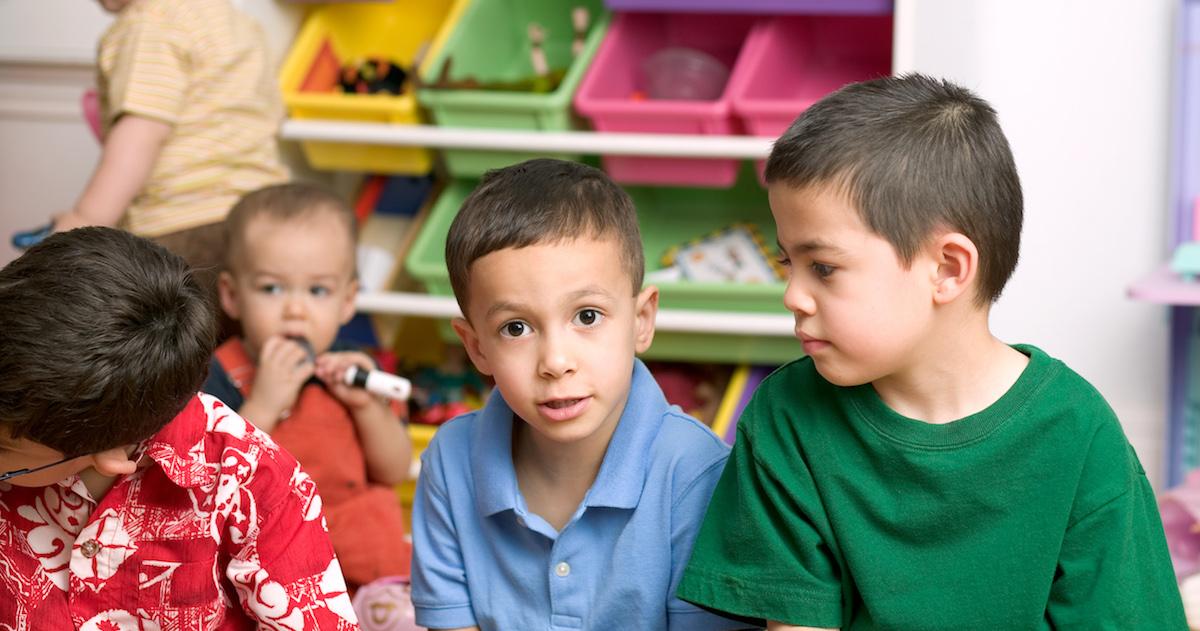
What is the Montessori Method?
According to the American Montessori Society, the Montessori Method was first developed by Dr. Maria Montessori in the early 1900s. The belief is that by choosing their own path of learning, children can be more independent and free-thinking. Children are less constrained by the rigors of conventional schooling, while teachers are allowed to focus on the whole student, taking their social, intellectual, and physical development into consideration.
Nontraditional grading, one-on-one instruction, and open classrooms are all hallmarks of Montessori education. It sounds like an ideal way to foster learning in children as young as toddlers, but is all of this freedom actually conducive to a positive learning experience?
Why should parents use Montessori for toddlers?
There are many benefits to toddlers who receive a Montessori education. According to Rasmussen University, Montessori classrooms are created with a wealth of information in mind. Because children are able to direct their own learning experience, stations with meticulously designed learning aids are placed around the room. The emphasis on hands-on, independent learning is balanced by the wealth of materials designed to trigger understanding and foster exploration.
In essence, children learning in the Montessori way are allowed to walk over and play with any learning tool they like. If they want to learn to cook, they play with a toy kitchen. If they wish to learn woodwork, they play with a toy workbench, and so on. The same is true for math, science, reading, and any other aspect of learning they might have an interest in.
According to the American Montessori Society, the Montessori Method doesn’t just foster a desire to learn, it also encourages empathy and a passion for social justice. Perhaps the most important lesson that kids learn through the Montessori method is to question, probe deeply, and gain understanding as a result. There is ample proof that children educated in this way become confident, critical thinkers, who are able to work independently and collaboratively.
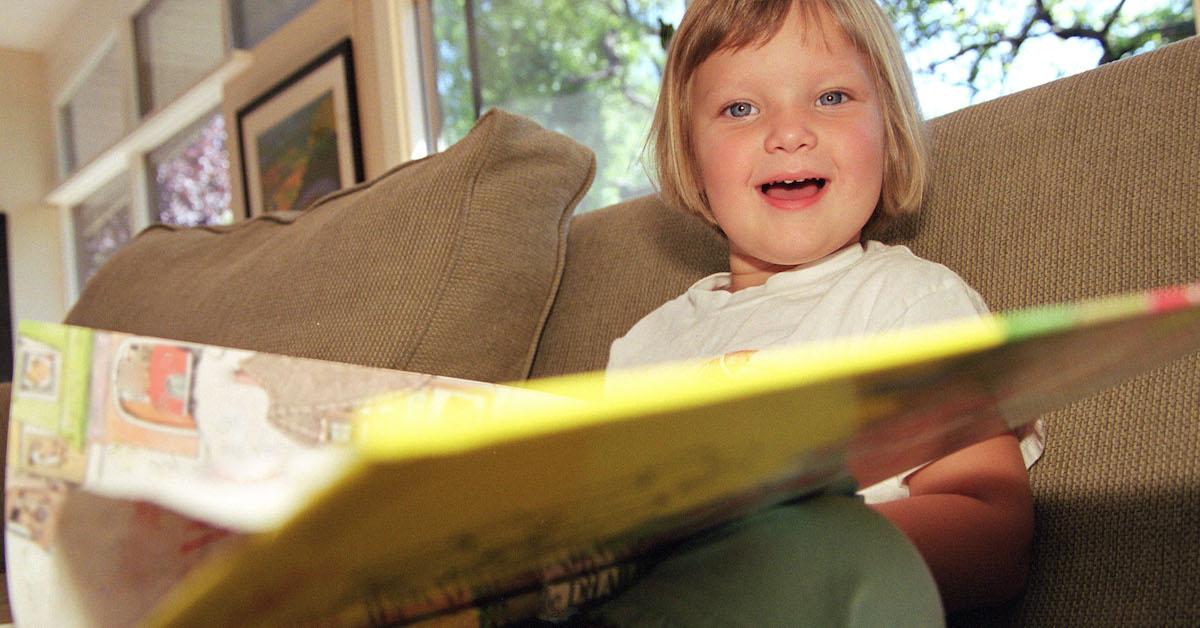
There are some guidance parameters at work, of course. Teachers are still “in charge” of the Montessori classroom and rules are still in place, but there is far less direction in terms of subject matter. This, according to the American Montessori Society, is what prompts children to seek out the answers to their questions. Curiosity is a powerful motivator and understanding then becomes its own reward.
The most important aspect in terms of toddlers is perhaps the social-emotional skills they can learn using this method. The children that come out of this type of environment tend to be more in touch with their emotions and more capable of controlling them around others. According to Guidepost Montessori, parents and toddlers both benefit greatly from a Montessori upbringing both in terms of interpersonal connection and emotional freedom.
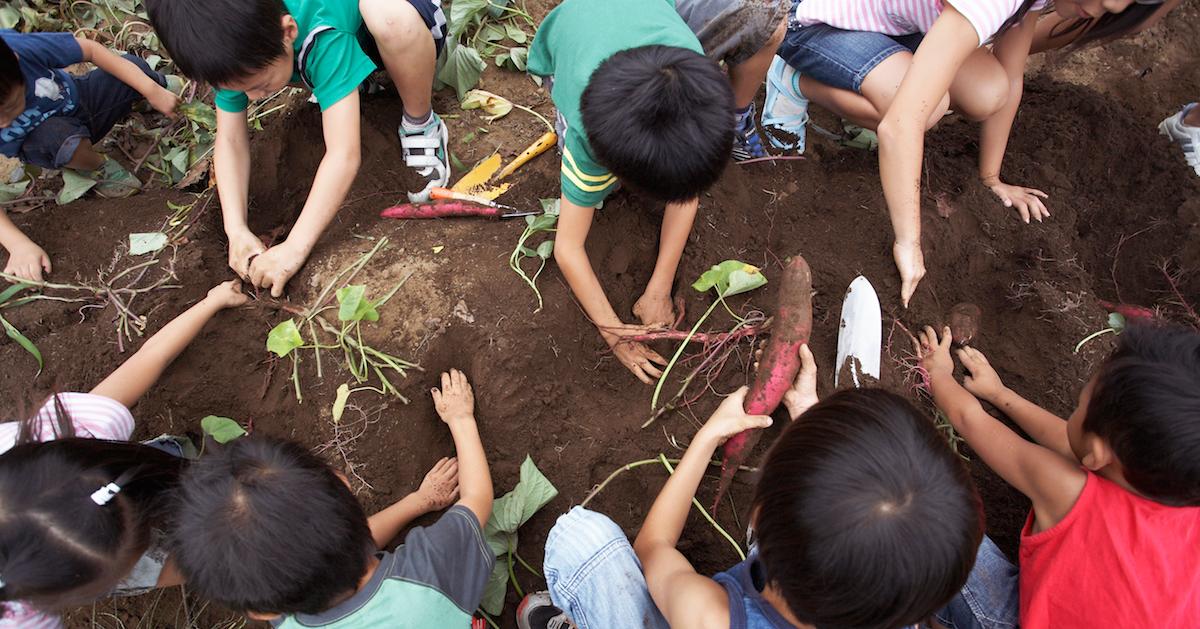
Drawbacks of using Montessori schools for toddlers:
Even with all that, a Montessori education might not always work out for every toddler. For one, Montessori schools tend to be more expensive than conventional daycares and preschools. There are other drawbacks as well.
According to Founders Guide, there is some indication that independence isn’t always a good thing. Children without limits can often grow up thinking that they don’t need to work with others. It might become difficult for them to enter into a workforce that requires teamwork now and again. It might also be hard for that child to submit to management or work in a bureaucratic system.
The loose curriculum is also another issue. For younger students, like toddlers, it can be liberating, but as they grow children may find themselves unsure about what to learn next. According to Founders Guide, too much freedom can leave a student overprepared for one aspect of their coursework and unprepared for another.
At the same time, parents with children in Montessori schools may not fully understand how their child is doing in terms of education. A grading system might seem arbitrary, but it’s necessary in terms of reporting progress.
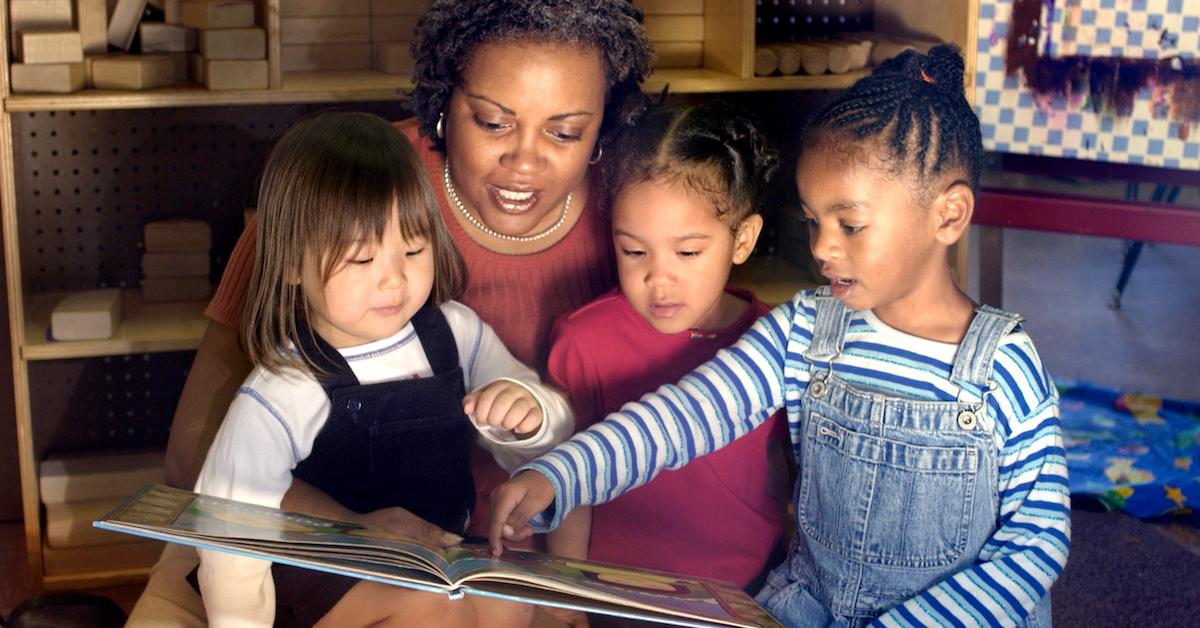
As you can see, Montessori education can be a great way to begin a child’s education, but it isn’t always effective as the child grows and matures. More to the point, it isn’t for everyone. Everyone learns differently and it might be prudent to try your child out on this method early before committing to anything.